How to Stay Safe During the Solar Eclipse
On Monday, the contiguous United States will experience its first total solar eclipse since Feb. 26, 1979.
Even then, the eclipse was only visible to those in the northwestern corner of the country, so the excitement over the 98 percent eclipse in Fulton County is understandable.
In fact, the next total solar eclipse won’t occur until 2024, and it will only be visible from Texas to Maine, according to NASA.
To say the least, this is a rare occurrence.
However, the excitement to view and experience the eclipse can have serious, and possibly dangerous, implications if not accompanied by caution.
It seems that most students are aware of these dangers.
“You can’t look at the sun and expect not to get hurt,” said senior Hannah Gordon.
However, it also seems to be the general assumption of those not informed that looking at the eclipse can’t hurt your eyes because it’s dark.
Although it is safe to look directly at the eclipse during “the brief phase of totality, when the moon fully obscures the sun,” according to NASA, that moment will not occur in Fulton County, considering the fact that we will only experience a 98 percent eclipse.
That’s why it’s so important to know the dangers of viewing the eclipse without the proper precautions.
The only real safe way to look at the partially eclipsed sun is through some form of solar filter or “eclipse glasses,” according to the American Astronomical Society (AAS). No matter how dark your pair of normal sunglasses may be, it’s assured they aren’t strong enough to prevent eye damage.
The AAS also said that it’s of the utmost importance to remember that you can retain permanent eye damage by viewing the partial eclipse through any sort of optical devices, such as cameras or binoculars.
According to CNN, because the retina will not send your body any signals of pain, you actually won’t be aware of whether you’ve looked at the sun for too long, which is what can lead to the cases of permanent eye damage of those who choose to view the eclipse without proper protection.
Luckily, schools have taken precautions to ensure the safety of students during the eclipse, whether they are at school or viewing at home.
“There shouldn’t be any problems … because of the mass public awareness,” said senior Lindsay Head.
No matter the case, it’s better to be safe than sorry.
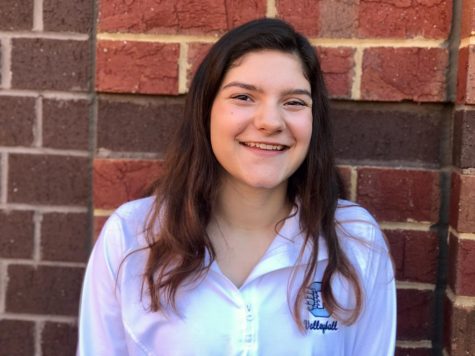
Spradling is a senior, and a second year staff member. She serves as the Editor-in-Chief.
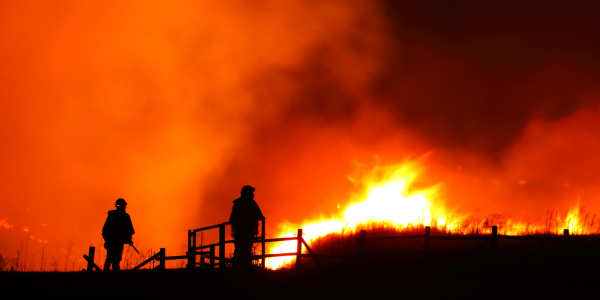
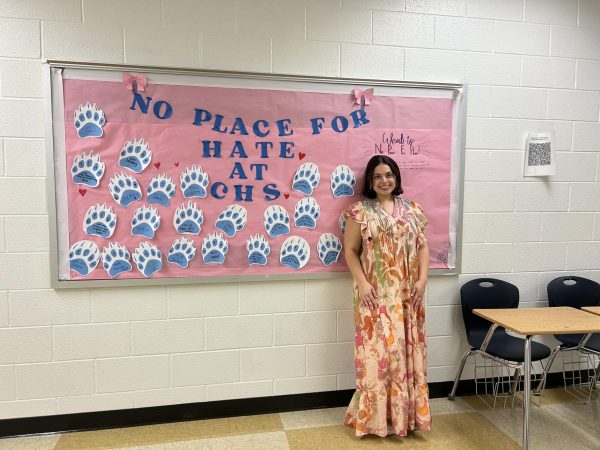
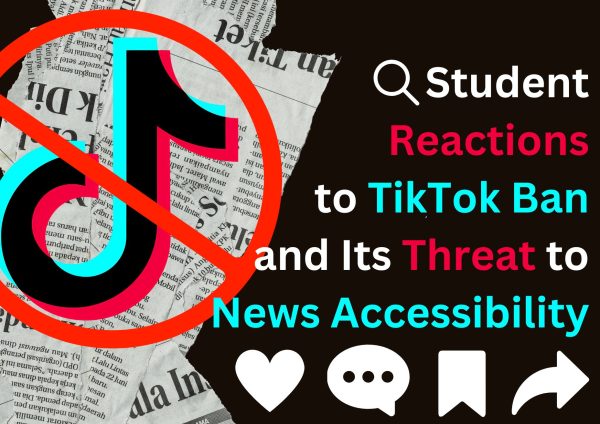
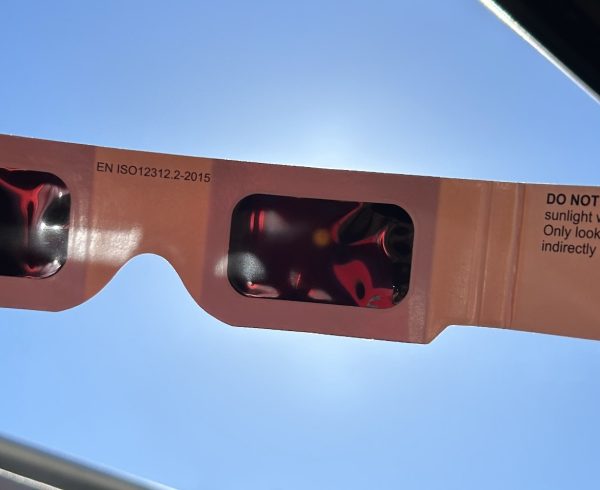
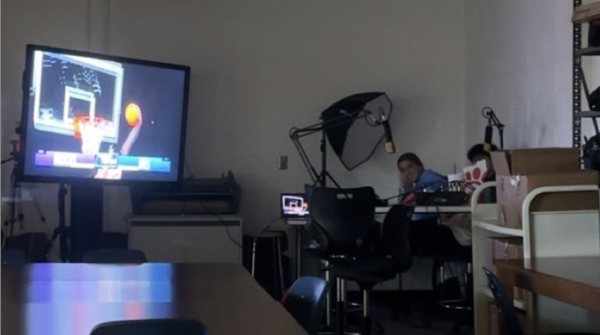

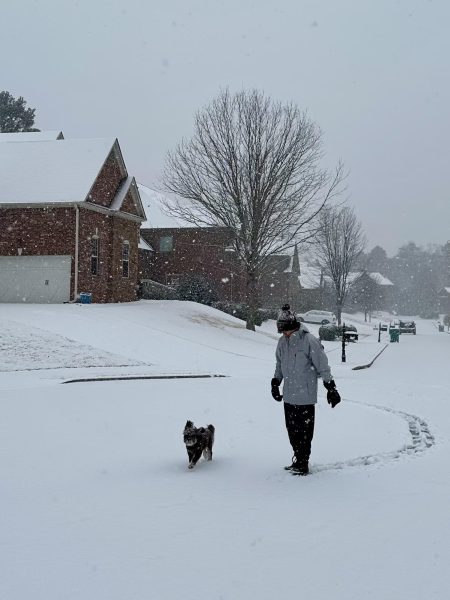
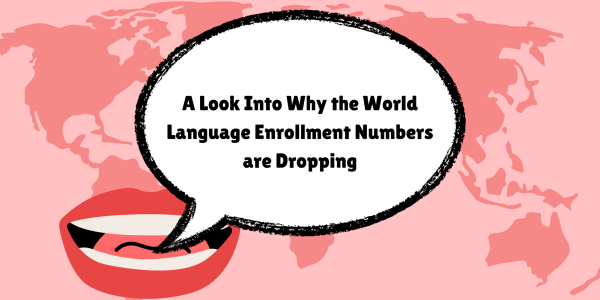
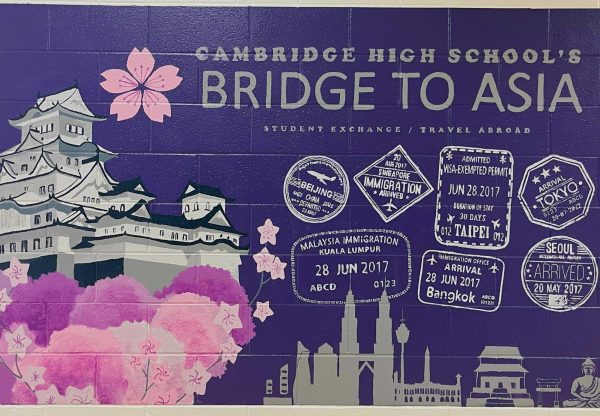
Vicky • Aug 21, 2017 at 7:46 am
You go girl!